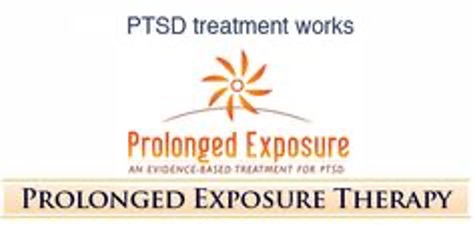In a comfortable and supportive atmosphere, we offer a highly personalized approach tailored to our client’s individual needs to help them attain personal growth. We work with individuals, couples, and families with a wide range of emotional and behavioral issues.
We know that clients want to see progress even though it may be incremental. Therefore, we provide for a collaborative structure, plan and goals that allow clients to see progress every week. We provide resources, homework, and education to our clients to help them self-discover and address relationship issues. We help clients to find solutions to solvable problems and develop coping skills to address issues that are harder to solve.
Our approaches can help with various issues such as depression, anxiety, anger/stress management, relationship issues and more. The goal is to help individuals find peace with themselves and with others.

Internal Family Systems (IFS) is an approach to psychotherapy that identifies and addresses multiple sub-personalities or families within each person’s mental system. These sub-personalities consist of wounded parts and painful emotions such as anger and shame, and parts that try to control and protect the person from the pain of the wounded parts. The sub-personalities are often in conflict with each other and with one’s core Self, a concept that describes the confident, compassionate, whole person that is at the core of every individual. IFS focuses on healing the wounded parts and restoring mental balance and harmony by changing the dynamics that create discord among the sub-personalities and the Self.
Brainspotting is a technique that was developed by David Grand, Ph.D. The technique itself has roots in EMDR (Eye Movement Desensitization and Reprocessing). EMDR is a psychotherapy treatment that helps to alleviate symptoms caused by traumatic memories.
Brainspotting provides a neurobiological tool for accessing, diagnosing, and treating a wide range of somatic and emotionally-based conditions. It seems that Brainspotting acts as a stimulant to the body’s own natural ability to heal itself from trauma. Brainspotting has also been shown to help reduce physical pain and tension caused by physical symptoms.

Click Here for More info
ptsd.va.gov
Click on the image above to go to https://www.emdr.com/what-is-emdr/
EMDR (Eye Movement Desensitization and Reprocessing) is a psychotherapy that enables people to heal from the symptoms and emotional distress that are the result of disturbing life experiences. Repeated studies show that by using EMDR therapy people can experience the benefits of psychotherapy that once took years to make a difference. It is widely assumed that severe emotional pain requires a long time to heal. EMDR therapy shows that the mind can in fact heal from psychological trauma much as the body recovers from physical trauma.
When you cut your hand, your body works to close the wound. If a foreign object or repeated injury irritates the wound, it festers and causes pain. Once the block is removed, healing resumes. EMDR therapy demonstrates that a similar sequence of events occurs with mental processes. The brain’s information processing system naturally moves toward mental health. If the system is blocked or imbalanced by the impact of a disturbing event, the emotional wound festers and can cause intense suffering. Once the block is removed, healing resumes. Using the detailed protocols and procedures learned in EMDR therapy training sessions, clinicians help clients activate their natural healing processes.

Learning to gradually face your fears is one of the most effective ways to break the OCD cycle. For OCD, the technique for facing fears is called exposure and response prevention (ERP).
ERP is done by:
Exposing (E)yourself to situations that bring on obsessions (triggers)
Not engaging in the unhelpful coping strategies that include compulsions or rituals, and avoidance (Ritual Prevention- RP)



The Gottman Method for Couples Therapy combines the knowledge and wisdom of more than three decades of Gottman research and clinical practice. Through research-based interventions and exercises, it helps couples break through barriers to achieve greater understanding, connection and intimacy in their relationships.

Emotionally Focused Therapy (EFT) is a short-term form of therapy that focuses on adult relationships and attachment/bonding. The therapist and clients look at patterns in the relationship and take steps to create a more secure bond and develop more trust to move the relationship in a healthier, more positive direction.

Saving your marriage before it starts (SYMBIS) is an award winning book and most widely used assessment to help strengthen your marriage. The real life experience of Drs. Les and Leslie Parrott has helped their assessment to be successful. The assessment reviews six areas that can cause friction in your marriage. The areas evaluated include your money methods, your personalities, your love life, your fight types, your talk styles, and your deepest longings. It has proven to be very effective in reducing divorce by 31%. As a facilitator, we administer the assessment and review the information with you.

